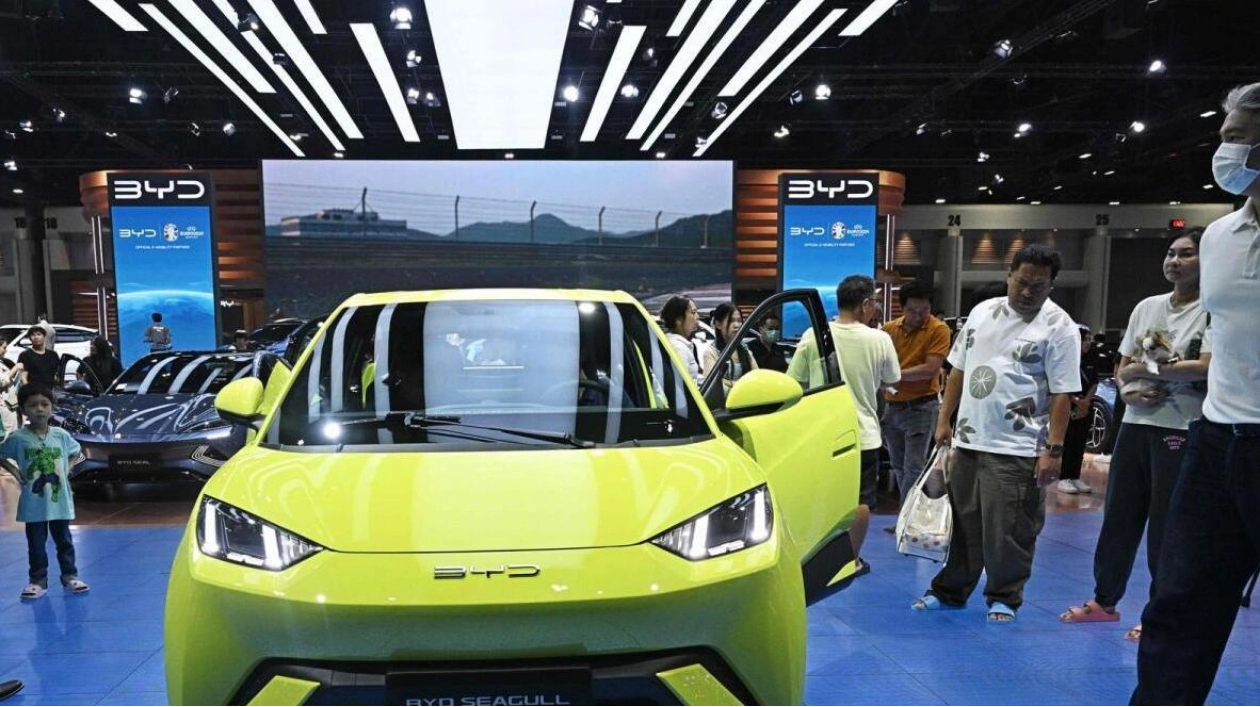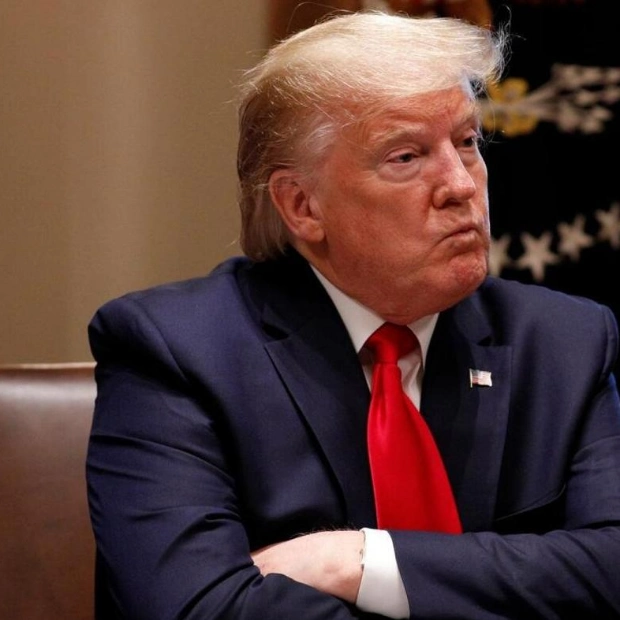Trade ministers from the Group of Seven (G7) major democracies announced on Wednesday that they would employ their "trade tools" if necessary to counteract market-distorting practices, according to a statement that adopted stronger language compared to a previous communique. The G7 ministers convened in southern Italy following the European Union's imposition of tariffs on imports of electric vehicles from China earlier this month, aimed at shielding the 27-nation bloc's motor industry from what the EU perceives as heavily subsidized Chinese EVs.
The six-page G7 statement, which did not specifically name China, declared, "We will continue to address non-market policies and practices, as well as harmful non-market excess capacity and other market distortions arising from them." It further stated, "To this end, we are committed to effectively utilizing our trade tools, and as appropriate, to develop new tools, to identify, challenge, and counteract these practices and to promote stronger international rules and norms, in collaboration with partners."
This statement adopted a more assertive stance than the final communique issued last year following a G7 ministerial meeting in Japan, which emphasized discouraging protectionism and market distortion rather than actively deploying trade tools. In addition to tariffs, potential measures to combat unfair practices could include more stringent rules to scrutinize foreign investments, such as those proposed by the EU earlier this year.
Britain, the sole European G7 member not part of the EU, indicated on Tuesday that it was not prepared to emulate Brussels by imposing levies on Chinese EVs, noting that its auto companies had not reported any unfair practices by competitors. The ministers, who gathered in the southern Italian region of Calabria, also emphasized that "economic resilience necessitates de-risking through diversification and reduction of critical dependencies," seemingly alluding to China's dominance in critical supply chains.
The statement concluded, "We recognize that non-market policies and practices not only undermine the free and fair rules-based international economic order but may also intensify strategic dependencies and vulnerabilities and impede the sustainable development of emerging and developing countries." The G7 includes Britain, Canada, France, Germany, Italy, Japan, and the United States, with the European Union also invited to participate.






